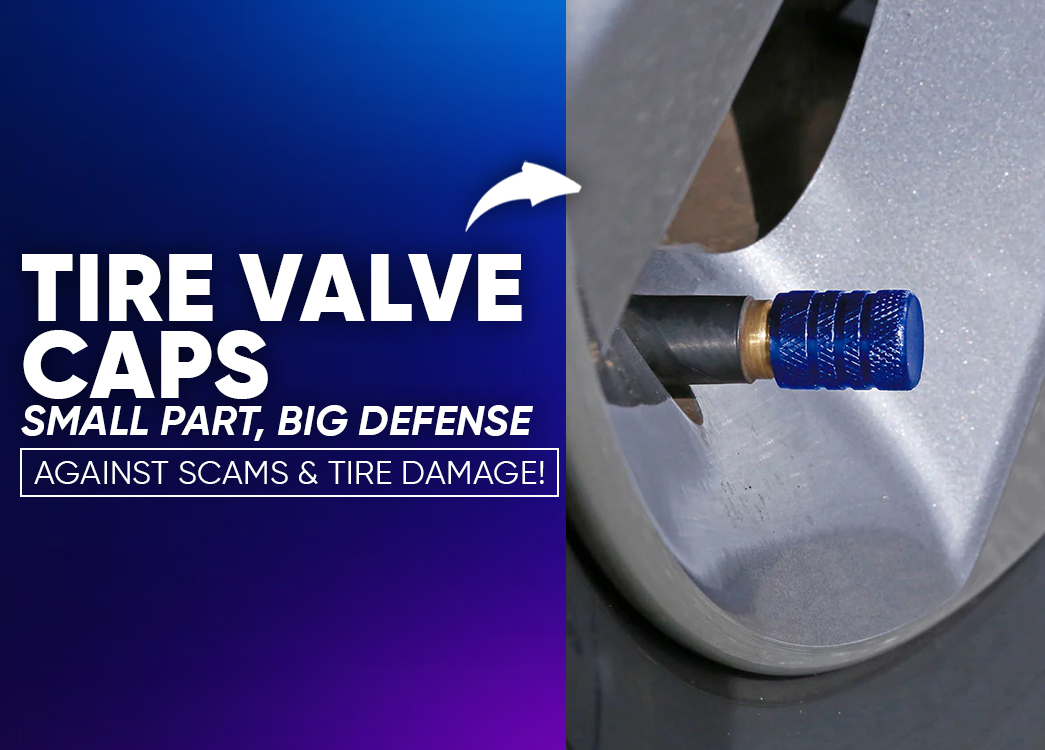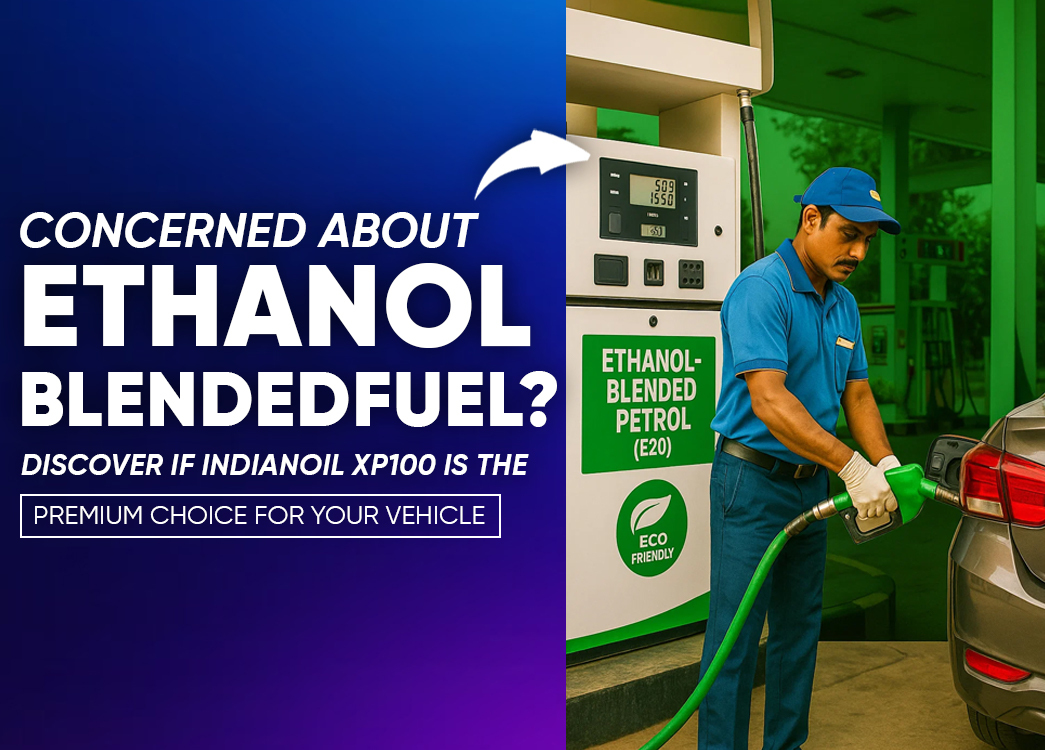
By creckk On 04-09-2025 at 1:28 pm
Tire Valve Caps: Small Cover, Big Protection for Your Car
Introduction
Do you know what this small cap on your tire valve is? It looks insignificant, but it plays a critical role in protecting your tires, valves, and even your wallet. A tire valve cap is designed to cover the valve stem of your car’s wheel, preventing dust, water, and debris from entering the valve. This simple accessory ensures safe air retention, extends tire life, and shields you from common scams at puncture shops in India.
What is a Tire Valve Cap?
The tire valve is the entry point for filling compressed air into the tire. Without a cap, contaminants like dust or water can enter and damage the valve core. Over time, this leads to leakage or sudden deflation. For cars with TPMS (Tire Pressure Monitoring Systems), a damaged valve can cause immediate air loss, creating safety risks. A tire valve cap acts as the first line of defense.
Why Every Puncture Dealer Hates Valve Caps
In India, puncture dealers have an old trick: cutting or tampering with valve stems to force replacements. Every time you go to fill air, you may suddenly find yourself told there are “multiple punctures” or a “faulty valve.” In reality, this is often a scam. Replacing valves is quick money for them. That’s why dealers see valve caps as their enemy because a capped valve is harder to tamper with.
The Engineering Perspective
From a technical viewpoint, valve caps serve two key functions:
- Sealing: They reinforce the valve’s rubber seal, reducing air leakage over time.
- Shielding: They block dirt, dust, and water from entering the valve, protecting sensitive TPMS sensors and valve cores.
Without valve caps, pressure fluctuations, corrosion, and debris compromise the tire system, resulting in unsafe driving conditions.
Types of Tire Valve Caps
- Plastic Caps: Cheap and lightweight, good for basic protection.
- Metal Caps: Durable and resistant to corrosion; ideal for Indian road conditions.
- TPMS-Compatible Caps: Specially designed to avoid interference with pressure sensors.
- Decorative Caps: Stylish options that combine looks with function.
Common Scams at Air Filling Stations
Here’s how the scam usually works: when you go to fill air, the puncture dealer distracts you. Suddenly, he declares there are “50 punctures” or that your valve is leaking. In reality, the valve may have been cut intentionally. This is why vigilance matters. Just like Arjun focusing on his target, keep your eyes on the dealer while air is filled. Otherwise, the joy of free air at petrol pumps quickly turns into an expensive repair.
Best Practices for Tire Valve Caps
- Always keep valve caps on all tires including the spare.
- Replace missing or cracked caps immediately.
- Opt for stronger metal caps if you drive in harsh conditions.
- Stay alert at air pumps to avoid scams and tampering.
Cost vs. Benefit
Valve caps cost less than a cup of tea, but they save you from tire damage, TPMS failures, and fraudulent repairs. Considering the cost of modern tires and sensors, this small accessory delivers maximum value.
Conclusion
The tire valve cap may be small, but it is your tire’s first line of defense. It prevents leaks, protects TPMS sensors, and keeps shady puncture scams at bay. Treat it as essential, not optional. Next time you fill air, remember: focus like Arjun and make sure your valves stay safe.
FAQs About Tire Valve Caps
Q1: Can I drive without a valve cap?
Yes, but it exposes the valve to dirt and water, leading to leaks or valve damage.
Q2: How does a valve cap protect TPMS systems?
It prevents water and dust from entering the valve, which protects sensitive TPMS sensors from failure.
Q3: Why do puncture dealers remove or damage valves?
Because valve replacements are easy money. A damaged valve means they can charge you for unnecessary repairs.
Q4: Which is better plastic or metal valve caps?
Metal caps are stronger and ideal for India’s dusty and wet conditions, though plastic caps are sufficient for everyday use.
Q5: How can I avoid scams while filling air?
Always pay attention while your tires are being filled, just like Arjun focusing on his target. Don’t get distracted.
Related posts







